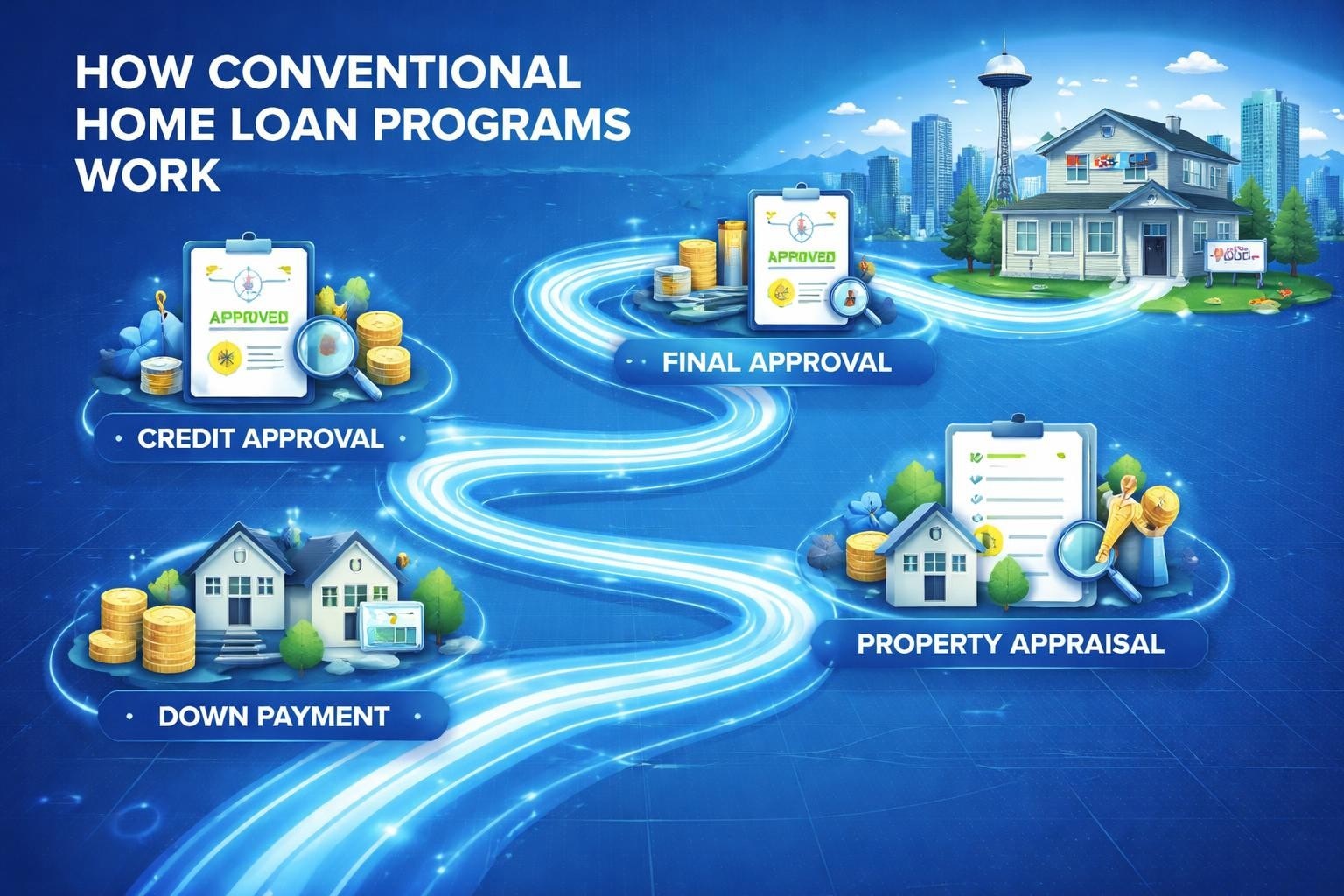Putting instant value into an $8,000 tax credit
By Kenneth R. Harney
Syndicated Columnist
WASHINGTON – For the housing market, it’s the equivalent of financial alchemy, and it’s hot: Turning the $8,000 federal home-purchase tax credit, which normally isn’t spendable until after you’ve gotten your refund, into immediate, hard cash today, available for your down payment and closing costs.
Congress’ stimulus-bill tax credit for 2009 is generating efforts nationwide, including in Washington state, to find ways to “monetize” it – providing money upfront to buyers who need dollars for down payments right now, not next year after they file their federal returns and get refunds.
The credit is only available to qualified taxpayers who have not owned a house during the previous three years, and who close by Nov. 30, among other requirements. Buyers can amend their 2008 returns to claim the credit or claim it on returns for 2009.
In recent weeks, at least 10 states, including Washington, say they’ve come up with ways to work this monetary magic. They have created innovative bridge-loan programs that advance credit-eligible purchasers the cash they need for their closings.
Generally the advances take the form of second mortgages – with or without interest charges – that become due and payable whenever purchasers receive their credits in the form of refunds from the IRS.
In Missouri, which was the first state to create such a program, buyers can get a no-cost “tax-credit advance” of up to 6 percent of the home price. The advance is actually an interest-free second lien that is repayable no later than June 2010, once the buyers have received their $8,000 tax credit.
If buyers can’t meet that repayment deadline, the advance morphs into a traditional second mortgage with a 10-year payback term and a fixed interest rate one-half a percentage point higher than their first mortgage rate.
The underlying first loans are all fixed-rate 30-year mortgages issued by private lenders participating with the tax-exempt bond programs of the Missouri Housing Development Commission.
Colorado kicked off a similar program, known as “JumpStart,” April 14. The other states – Washington, Delaware, New Jersey, Tennessee, Idaho, Ohio, Pennsylvania and New Mexico – have come out with their own versions, some with modest interest charges on the second mortgage from the beginning.
In Washington, where the state Housing Finance Commission already runs a tax credit bridge-loan program for buyers using its mortgages, state Treasurer James McIntire wants to make it much bigger.
He has been pushing for creation of a “public-private” down-payment program that could reach far larger numbers of consumers than is possible under the housing commission’s current funding constraints.
McIntire has proposed depositing $25 million of state funds into interest-earning accounts at an FDIC-insured bank. The bank would then provide revolving lines of credit to the state housing commission to greatly expand its down payment bridge-loan efforts.
In a novel arrangement, the Washington Association of Realtors has pledged $400,000 as a backstop for McIntire’s plan to cover any unexpected losses on the credit monetization transactions. The Legislature has authorized the program in its new budget.
Bill Riley, the incoming president of the association, says research by his group has shown that fully half of all would-be first-time buyers in the state “cannot save enough money for the down payment and closing costs” – effectively locking them out of both the $8,000 credit and current low mortgage rates and house prices even when their monthly incomes qualify them to purchase a home.
McIntire is also trying to convince the Obama administration to allow the state to tap into bridge-loan-assisted homebuyers’ amended 2008 tax returns and be directly assigned all or a portion of the tax credit refunds.
Under current IRS rules, according to McIntire, tax-refund checks are sent only to the taxpayer’s address.
To ensure prompt repayment of bridge loans, the state would like to have refunds mailed to the housing finance commission in cases where repayment of a bridge loan is due.
In letters to Treasury Secretary Timothy Geithner and IRS Commissioner Douglas Shulman, McIntire argued that credit-monetization programs run by states are crucial to the success of the federal effort to stimulate first-time home purchases in 2009.
But the states need quick, direct access to federal tax-credit dollars to pay back down payment bridge loans, thereby allowing them to loan out more money before the Nov. 30 expiration of the federal credit.
Charles McMillan, president of the National Association of Realtors, sent a similar request to Shulman. An IRS spokesman said officials “are reviewing” the issue.





Leave a Reply